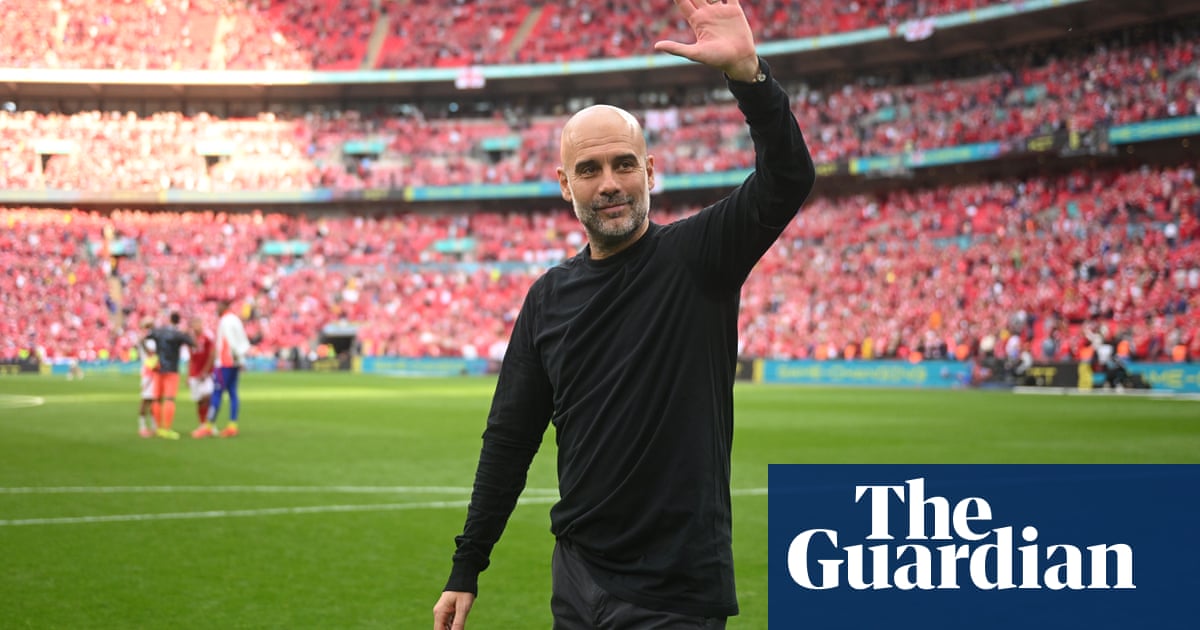The article centers on Pep Guardiola's response to Manchester City fans' dissatisfaction regarding the club's ticketing policy. This issue has led to protests organized by several supporter groups, highlighting a growing concern among fans about the financial accessibility of attending matches. Guardiola's willingness to engage with fans and address their concerns underscores his connection to the club and the importance of maintaining a vibrant match-day atmosphere.
Intended Message and Public Perception
The core message is one of unity and responsiveness from the club's management. By showcasing Guardiola's readiness to interact with fans, the article aims to foster a sense of belonging among supporters and reassure them that their voices are being heard. This approach seeks to mitigate any potential backlash against the club and its ticket pricing strategies, thereby promoting a positive image of Manchester City as an organization that values its supporters.
Potential Omissions and Underlying Issues
While the article highlights Guardiola's supportive stance, it does not delve deeply into the specifics of the ticketing policy itself or the financial implications for fans. This omission may suggest an effort to focus on the more palatable aspects of the situation while downplaying the underlying financial strain that some fans experience. Additionally, the emphasis on Guardiola's involvement may serve to divert attention from the broader structural issues within the club's management regarding ticket pricing.
Credibility and Manipulative Potential
The information presented in the article appears credible, as it directly quotes Guardiola and references the organized protests. However, the framing of Guardiola's response could be perceived as somewhat manipulative, aiming to present the club in a favorable light while glossing over deeper issues. The language used is conciliatory, which may be an attempt to quell dissent and maintain a positive public image rather than addressing the root causes of the fans' frustration.
Comparative Context and Broader Implications
When compared to other news articles addressing fan engagement and club management, this piece aligns with a trend of sports teams striving to maintain positive relationships with their supporters, especially in light of rising ticket prices across the industry. The potential impact of this situation could extend beyond the immediate context of ticketing, influencing fan loyalty, club revenues, and even the club's competitive performance should fan unrest escalate.
Supporter Demographics and Community Response
The supporters most likely to resonate with this article are those who prioritize a sense of community and accessibility in sports. The protest groups mentioned in the article are reflective of a diverse fan base that values inclusivity and fair pricing. By addressing their concerns, Guardiola and the club may aim to strengthen ties with these community-oriented supporters.
Market and Economic Effects
In terms of market implications, this news may have limited direct impact on stock prices or financial markets, as it pertains more to fan engagement than to business operations. However, sustained dissatisfaction among fans could potentially affect ticket sales and club revenues, which may be of interest to investors monitoring the club's financial health.
The broader geopolitical context does not seem to play a significant role in this article; however, it does touch on the ongoing discourse around affordability in sports, reflecting wider economic challenges faced by fans globally.
In conclusion, while the article presents a generally positive portrayal of Guardiola's engagement with fans, it also subtly reflects the tensions within the club regarding ticketing policies. The credibility of the content is reinforced by direct quotes and reported events, although the framing may serve to mask deeper issues. Overall, the article effectively conveys a sense of community while leaving some questions about the structural challenges unaddressed.
